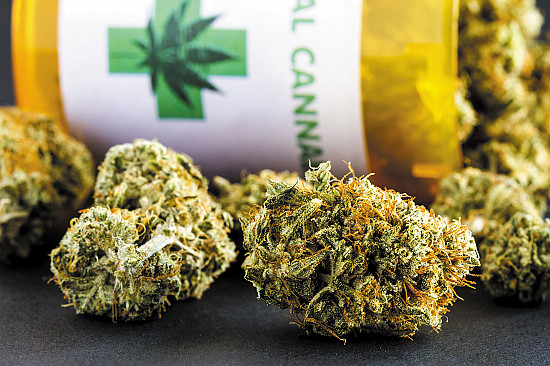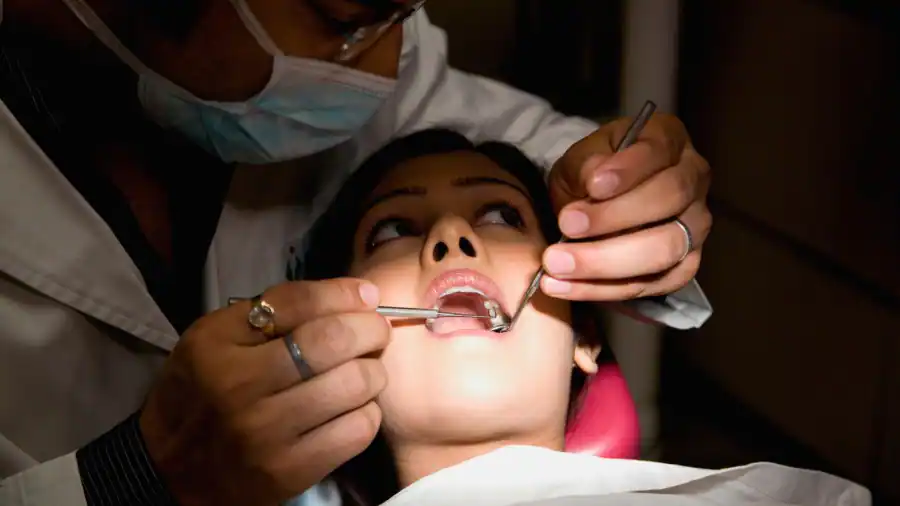Cannabidiol (CBD) is a popular natural remedy that is used to treat a variety of common ailments. It is a compound found in the cannabis plant and is known for its many health benefits. If you are interested in trying CBD, it is important to talk to your doctor first to ensure that it is safe for you to use.
In this article, we will discuss how to talk to your doctor about CBD and what you should consider before starting to use it.
- Educate Yourself About CBD
Before talking to your doctor about CBD, it is important to educate yourself about the compound and its uses. CBD is often used to treat anxiety, pain, and inflammation, among other conditions. Understanding how CBD works and its potential benefits can help you have an informed conversation with your doctor.
You can find a wealth of information about CBD online, but make sure to rely on reputable sources such as government websites, academic journals, and medical associations. Always be skeptical of claims made by manufacturers or other individuals without scientific evidence to back them up.
2. Be Honest About Your Medical History
When talking to your doctor about CBD, it is important to be honest about your medical history. CBD can interact with certain medications and can be unsafe for people with certain health conditions. Your doctor needs to know about any medications you are taking, as well as any medical conditions you have, before recommending CBD.
If you are unsure about any potential interactions, ask your doctor if they can provide you with more information. They may also be able to refer you to a specialist who can provide more in-depth guidance.
3. Discuss Your Reason for Using CBD
It is important to discuss your reason for using CBD with your doctor. Different forms of CBD may be more effective for different conditions, and your doctor can help you determine which form of CBD is right for you.
Be specific about your symptoms and how they are affecting your daily life. Your doctor may recommend other treatments or lifestyle changes in addition to CBD.
4. Ask About Dosage and Administration
CBD dosages can vary widely depending on the individual and the condition being treated. Your doctor can help you determine the appropriate dosage for your needs. They may also be able to recommend a specific form of CBD, such as oils or capsules, and provide guidance on how to take it.
It is important to follow your doctor’s instructions carefully and to keep track of any side effects you experience. Your doctor may need to adjust your dosage or change your form of CBD based on how you respond to treatment.
5. Inquire About Potential Side Effects
CBD can cause side effects, such as fatigue, diarrhea, and changes in appetite. It is important to discuss potential side effects with your doctor before starting treatment. If you experience any side effects, it is important to notify your doctor immediately.
CBD can also interact with certain medications, including blood thinners, antidepressants, and antipsychotics. Make sure to let your doctor know about any medications you are taking to avoid potential interactions.
6. Discuss Your CBD Source
Not all CBD products are created equal. CBD products can vary in quality and purity, and some may contain harmful additives or contaminants. It is important to discuss your CBD source with your doctor and to choose products from reputable manufacturers.
Look for products that have been independently tested for purity and potency. Avoid products that make unrealistic claims or that do not provide detailed information about their ingredients.
7. Consider Your Budget
CBD products can be expensive, and some insurance plans may not cover them. Before starting CBD treatment, consider your budget and how much you are willing to spend on the product. Your doctor may be able to recommend lower-cost alternatives or suggest ways to reduce your overall healthcare costs.




